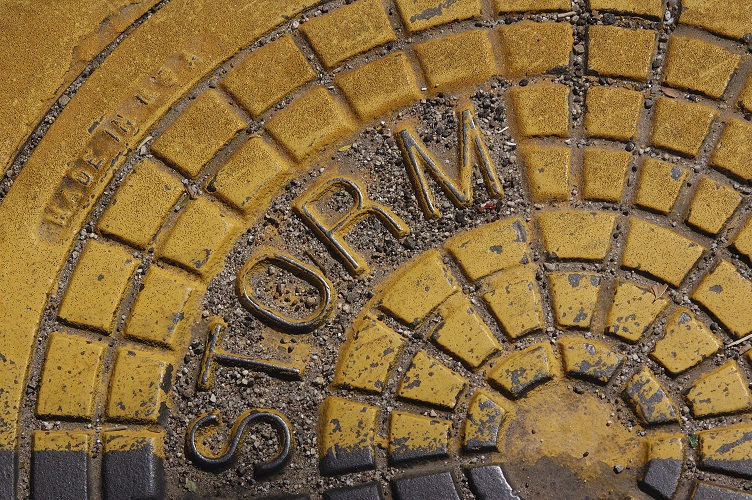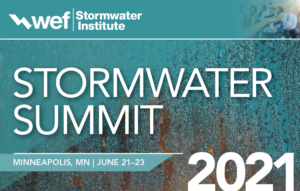As the stormwater sector grows in complexity with new the rise of new contaminants, technologies, and practices, so too do stormwater management regulations. Because the regulatory landscape of the stormwater field tends to be more dynamic than other water management segments, it can be difficult for stormwater managers to understand their specific regulatory requirements and ensure they remain in compliance.

Aiming to provide greater clarity to permittees under the U.S. Environmental Protection Agency’s National Pollutant Discharge Elimination System (NPDES) program, the National Association of Clean Water Agencies (NACWA; Washington, D.C.) has introduced a new Stormwater Permit Screening Program. Stormwater agencies can submit draft permits and regulatory action plans to NACWA experts for an independent, personalized review of their appropriateness and comprehensiveness.
“By participating in this program, stormwater utilities have an added tool to help with evaluating new or revised permit language,” explained NACWA Director of Regulatory Affairs Emily Remmel. “This individualized feedback is the first of its kind from a national association and will not only flag potentially impractical permit requirements, but also help permittees better understand options available during the permit issuance process.”
Expert Feedback
Because different stormwater authorities work within the context of different receiving waters, population sizes, climates, and other site-specific variables, NPDES municipal separate storm sewer system (MS4) permittees are rarely held to a one-size-fits-all regulatory standard. Instead, stormwater system managers must commit to treating stormwater to the “maximum extent practicable” for their communities. The permitting renewal and reissuance process helps both system owners and regulators agree upon measures considered practicable.
Participating in NACWA’s screening program can help stormwater agencies set clearer performance targets that are both achievable and likely to meet the standards of NPDES and the Clean Water Act.
NACWA enlisted AquaLaw PLC (Richmond, Virginia), a group of legal experts specializing in water rights and regulation, to help administer the program. Once stormwater agencies submit draft permit language as well as fill out a short checklist of priority issues, NACWA and AquaLaw experts scrutinize the permit with specific attention toward such themes as Impaired Waters status, applicable total maximum daily loads, and opportunities for water quality trading.
Quick Turnaround
The screening process ensures that MS4 permittees are considering the full range of regulatory factors when devising new permit language and provides a warning when potential requirements might be impractical to achieve. Best of all, the program promises rapid feedback to ensure users meet permitting deadlines, Remmel described.

“It is often the case with draft MS4 permits that there is a short turnaround for public comment, so it is helpful to know as soon as possible when draft language is available,” she said.
The City of Phoenix, Arizona, has already used the screening program to aid their development of both robust and practical stormwater management targets.
To participate, interested stormwater utilities should complete NACWA’s online screening checklist, gather any relevant fact sheets, and submit all materials to Remmel at eremmel@nacwa.org.
Get more information about the NACWA Stormwater Permit Screening Program at the organization’s website.
ABOUT THE AUTHOR
Justin Jacques is editor of Stormwater Report and a staff member of the Water Environment Federation (WEF). In addition to writing for WEF’s online publications, he also contributes to Water Environment & Technology magazine. Contact him at jjacques@wef.org.















